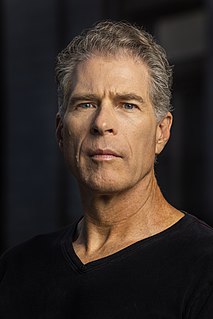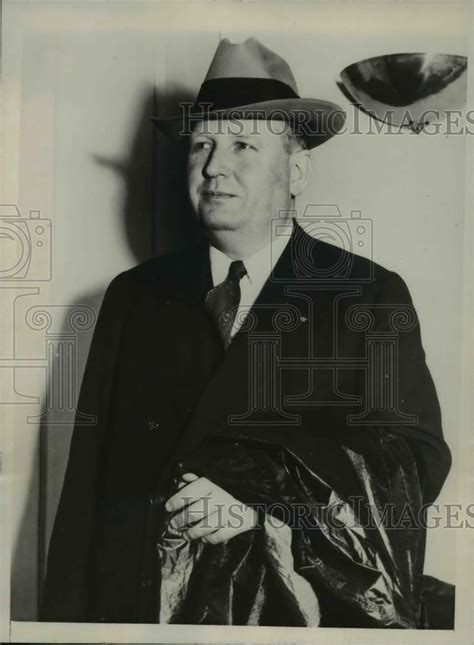A Quote by Paul J. Zak
Like nature itself, modern economic life is driven by relentless competition and unbridled selfishness. Or is it?
Quote Topics
Related Quotes
The ultimate consequences of the individualist spirit in economic life are those which you yourselves, Venerable Brethren and Beloved Children, see and deplore: Free competition has destroyed itself; economic dictatorship has supplanted the free market; unbridled ambition for power has likewise succeeded greed for gain; all economic life has become tragically hard, inexorable, and cruel.
Evil itself may be relentless. I will grant you that, but love is relentless too. Friendship is a relentless force. Family is a relentless force. Faith is relentless force. The human spirit is relentless, and the human heart outlasts - and can defeat - even the most relentless force of all, which is time.
All death in nature is birth, and at the moment of death appears visibly the rising of life. There is no dying principle in nature, for nature throughout is unmixed life, which, concealed behind the old, begins again and develops itself. Death as well as birth is simply in itself, in order to present itself ever more brightly and more like to itself.
The nature of the economic system should be a matter for public choice, and free market capitalism should not be accepted without any discussion of the rich variety of alternatives ... Unlike civil laws, economic laws are imposed on people with all the authority of immutable laws of nature. But the economy is created by people, supported by government intervention, regulation, statute and subsidy, and implemented in such a way that it gives substantial wealth and power to a privileged few, while the majority face a life of relentless work, stress and periodic financial insecurity.
We might do well to stay home a few days and walk over the fields, or to stand in the shelter of the barn door and reflect upon the relentless and yet benevolent forces of Mother Nature. The laws of nature are relentless. They can never be disobeyed without exacting a penalty. Yet they are benevolent, for when they are understood and obeyed, nature yields up the abundance that blesses those who understand and obey.
The assumption that the laws of nature are eternal is a vestige of the Christian belief system that informed the early postulates of modern science in the seventeenth century. Perhaps the laws of nature have actually evolved along with nature itself, and perhaps they are still evolving. Or perhaps they are not laws at all, but more like habits.
Tolstoy didn't know about steampunk or cyborgs, but he did know about the nightmarishness of steam power, unruly machines, and the creepy half-human status of the Russian peasant classes. In 'Anna Karenina,' nineteenth-century life itself is a relentless, relentlessly modern machine, flattening those who oppose it.
Coupled with Usury, Unrestricted Competition destroys the small man for the profit of the great and in so doing produces that mass of economically unfree citizens whose very political freedom comes in question because it has no foundation in any economic freedom, that is, any useful proportion of property to support it. Political freedom without economic freedom is almost worthless, and it is because the modern proletariat has the one kind of freedom without the other that its rebellion is now threatening the very structure of the modern world.



































